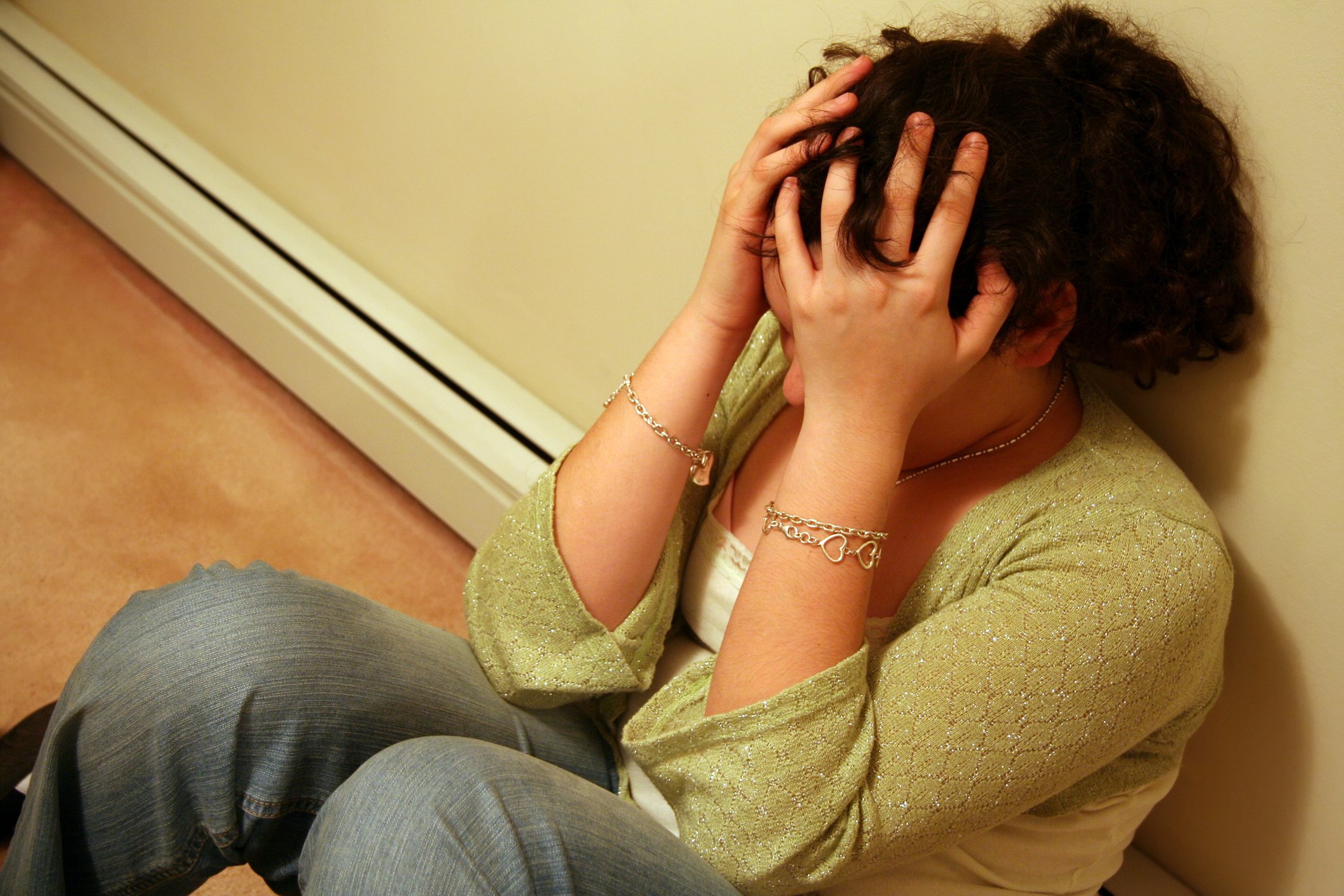Let Someone In: How to Talk About Your Depression
Introduction
Depression can feel like a heavy weight you carry around every day — even when you're smiling on the outside. Maybe you’re exhausted all the time, finding it hard to concentrate, or just feeling… empty. And yet, when someone asks how you are, you say, “I’m fine.”
Talking about depression can be scary — especially when you’re not even sure what’s going on inside your own head. But letting someone in could be the most powerful first step you take. This post will help you figure out how to open up, who to talk to, and what to expect when you do.
Why Talking About Depression Matters
When you speak up about what you're going through, you're not being dramatic or weak — you're being real. And real is brave.
Here’s what can happen when you let someone in:
You stop feeling so alone.
You can start getting help that actually works.
You take some pressure off yourself.
You remind yourself that your feelings matter.
Bottling things up might seem easier in the moment, but over time, it can make the pain louder. Talking won’t fix everything overnight — but it opens the door to healing.
Who Should I Talk To?
You don’t have to tell the whole world. Just one person is a good start.
Think about someone you feel safe around — someone who listens without interrupting or judging. This might be:
A close friend
A parent or older sibling
A teacher or school counsellor
A coach, youth worker, or mentor
Your GP or doctor
If one person doesn’t respond well, don’t give up. Try again with someone else. The right person will care.
“Mental health struggles don’t make you fragile—they make you human, asking for help is one of the strongest things a person can do.”
How to Start the Conversation
You might not know exactly what to say, and that’s OK. Here are some ways to break the ice:
Text it:
“Hey, can we talk sometime? I’ve been struggling with my mental health and I don’t know how to deal with it.”Say it in person:
“I’ve been feeling really down lately, and I don’t know what to do. I just needed to tell someone.”Write a note or letter:
Sometimes it’s easier to explain in writing. That’s totally valid.
You don’t need to have all the answers. Just focus on being honest about how you’re feeling. Start small. Even saying, “I think I might be depressed” is a huge step.
What If They Don’t Understand?
Not everyone will react the way you hope. Some people might not know what to say. Others might brush it off because they don’t understand mental health.
Here’s what to remember:
Their reaction doesn’t define your pain.
You’re not attention-seeking — you’re asking for support.
Keep trying until someone hears you.
If someone shuts you down, it says more about them than it does about you.
What Happens Next?
Talking is a first step — not the whole journey. Once someone knows, they can help you:
Book a doctor’s appointment
Find a school counsellor
Get in touch with a mental health charity or helpline
Check in on you regularly
You might feel lighter just knowing you’re no longer hiding it. That relief is real — and it means healing has started.
Final Thought: You Deserve Support
You’re not broken. You’re not a burden. You’re a person dealing with something tough — and you’re allowed to need help.
Letting someone in isn’t weakness. It’s one of the strongest, most powerful things you can do for yourself.
So if this blog has made your chest feel tight or your eyes sting a little… maybe it’s time. Time to say something. Time to let someone in.
If you need urgent help, here are some UK-based support services:
Samaritans – 116 123 (24/7, free)
The Mix – 0808 808 4994 (under 25s)
Text SHOUT to 85258 for free mental health support
FAQ’s
-
Sadness comes and goes, but depression tends to stick around. If you’ve been feeling low, tired, hopeless, or empty for more than two weeks — and it’s affecting your sleep, school, or social life — it could be depression. Talk to a trusted adult or doctor for a proper assessment.
-
That’s okay. Crying isn’t a sign of weakness — it’s a release. Let yourself feel what you feel. The person you’re talking to should understand that this is hard for you.
-
Yes. In the UK, you can speak to a GP or counsellor confidentially from age 16. Even under 16, many professionals can offer support without involving parents if it’s safe to do so. You can also use anonymous helplines like Childline (0800 1111) or The Mix (0808 808 4994).
-
That can feel like a betrayal. It’s important to choose someone you trust. If they tell an adult because they’re worried about your safety, that’s actually a sign they care — even if it doesn’t feel that way at first.
-
You don’t have to talk straight away. You could write it down, call a helpline, or message a support service. What matters is that you start somewhere. When you're ready to talk, the words will come.









